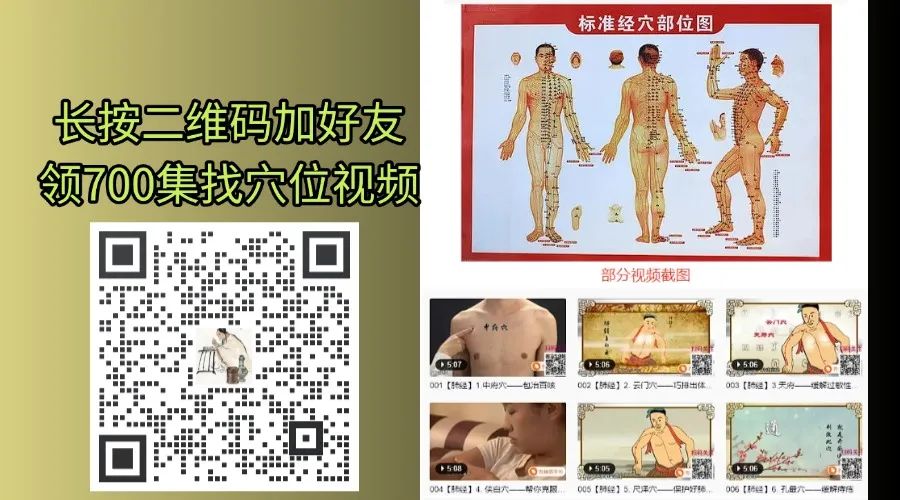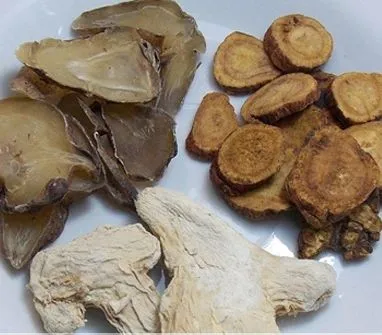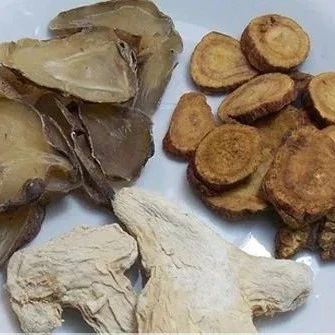
If you often feel cold, dress thicker than others, and even in the hot summer, you hesitate to turn on the air conditioning because the wind feels like it penetrates your bones, you should pay attention. This may indicate that your body’s Yang Qi is excessively deficient.
 What is Yang Qi?
What is Yang Qi? In Traditional Chinese Medicine (TCM), Yang Qi is the essence of life; it is the fundamental energy that sustains our existence. It is crucial for the human body, as all things in the world depend on the nourishment and warmth provided by Yang.Our internal organs and limbs, like all things in nature, require Yang Qi for nourishment and warmth. Just as nature loses its luster and becomes cold without sunlight, our bodies also become cold without Yang Qi.If you are already Yang deficient and are then invaded by cold pathogens, your body will be unable to resist the cold, leading to further chilling. An ancient saying goes, “All diseases are detrimental to the body’s original Yang.” People with Yang deficiency often exhibit symptoms such as fear of wind and cold, cold hands and feet, soreness in the lower back and knees, frequent urination, and urgency. So how can we address this?
In Traditional Chinese Medicine (TCM), Yang Qi is the essence of life; it is the fundamental energy that sustains our existence. It is crucial for the human body, as all things in the world depend on the nourishment and warmth provided by Yang.Our internal organs and limbs, like all things in nature, require Yang Qi for nourishment and warmth. Just as nature loses its luster and becomes cold without sunlight, our bodies also become cold without Yang Qi.If you are already Yang deficient and are then invaded by cold pathogens, your body will be unable to resist the cold, leading to further chilling. An ancient saying goes, “All diseases are detrimental to the body’s original Yang.” People with Yang deficiency often exhibit symptoms such as fear of wind and cold, cold hands and feet, soreness in the lower back and knees, frequent urination, and urgency. So how can we address this? Si Ni Tang (四逆汤)
Si Ni Tang (四逆汤) Today, I will share a formula called Si Ni Tang, which consists of three simple medicinal ingredients: Fu Zi (Aconite), Gan Jiang (Dried Ginger), and Zhi Gan Cao (Honey-Fried Licorice). This formula helps to revitalize Yang, rescue from reversal, warm the meridians, and replenish the body’s Yang Qi.……………………………………………………………………………………………..
Today, I will share a formula called Si Ni Tang, which consists of three simple medicinal ingredients: Fu Zi (Aconite), Gan Jiang (Dried Ginger), and Zhi Gan Cao (Honey-Fried Licorice). This formula helps to revitalize Yang, rescue from reversal, warm the meridians, and replenish the body’s Yang Qi.…………………………………………………………………………………………….. 1. Fu Zi (附子) is a very pungent and hot herb that enters the Heart, Kidney, and Spleen meridians. It is considered the Yang among Yangs, known for its ability to disperse and circulate, warming all internal organs and limbs. It has the effect of reviving Yang and dispelling cold, specifically used for symptoms caused by Yang deficiency such as fear of cold, cold limbs, and frequent urination.2. Gan Jiang (干姜) has a pungent and hot nature, entering the Heart, Liver, Spleen, Lung, and Kidney meridians. It assists Fu Zi in dispersing cold pathogens and accumulations in the internal organs and meridians, with the effect of warming the center, dispersing cold, and reviving Yang.3. Zhi Gan Cao (炙甘草) has a sweet and warm nature, which can tonify Qi and protect the center. It neutralizes the toxicity of raw Fu Zi and harmonizes the properties of Gan Jiang and Fu Zi, supporting Yang and rescuing from reversal. Its mild nature can mitigate the harshness of Gan Jiang and Fu Zi, allowing for sustained medicinal effects.……………………………………………………………………………………………..The combination of these three herbs can warm Yang, disperse cold, and revive Yang from reversal. Finally, the harmonizing effect of Gan Cao ensures that the formula is tonifying without being harsh, warming without being drying. This formula is beneficial for individuals with insufficient Yang Qi leading to cold limbs, fear of cold, frequent urination, and soreness in the lower back and knees. If you know anyone with such symptoms, you can save this information and consult a TCM practitioner for diagnosis.
1. Fu Zi (附子) is a very pungent and hot herb that enters the Heart, Kidney, and Spleen meridians. It is considered the Yang among Yangs, known for its ability to disperse and circulate, warming all internal organs and limbs. It has the effect of reviving Yang and dispelling cold, specifically used for symptoms caused by Yang deficiency such as fear of cold, cold limbs, and frequent urination.2. Gan Jiang (干姜) has a pungent and hot nature, entering the Heart, Liver, Spleen, Lung, and Kidney meridians. It assists Fu Zi in dispersing cold pathogens and accumulations in the internal organs and meridians, with the effect of warming the center, dispersing cold, and reviving Yang.3. Zhi Gan Cao (炙甘草) has a sweet and warm nature, which can tonify Qi and protect the center. It neutralizes the toxicity of raw Fu Zi and harmonizes the properties of Gan Jiang and Fu Zi, supporting Yang and rescuing from reversal. Its mild nature can mitigate the harshness of Gan Jiang and Fu Zi, allowing for sustained medicinal effects.……………………………………………………………………………………………..The combination of these three herbs can warm Yang, disperse cold, and revive Yang from reversal. Finally, the harmonizing effect of Gan Cao ensures that the formula is tonifying without being harsh, warming without being drying. This formula is beneficial for individuals with insufficient Yang Qi leading to cold limbs, fear of cold, frequent urination, and soreness in the lower back and knees. If you know anyone with such symptoms, you can save this information and consult a TCM practitioner for diagnosis.

